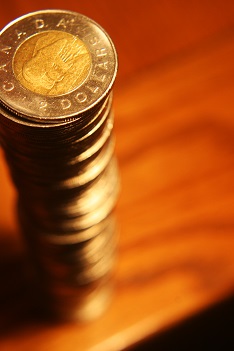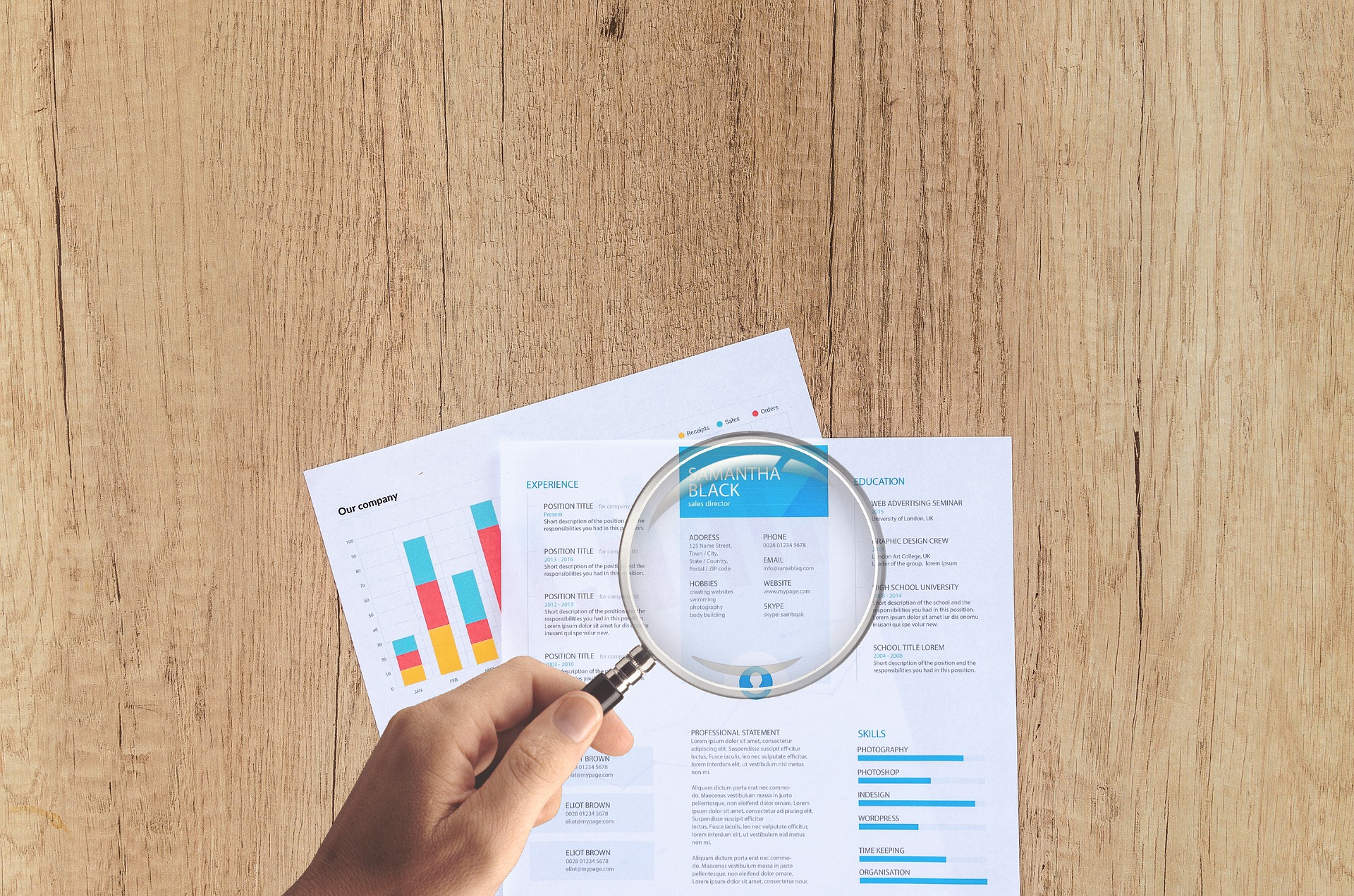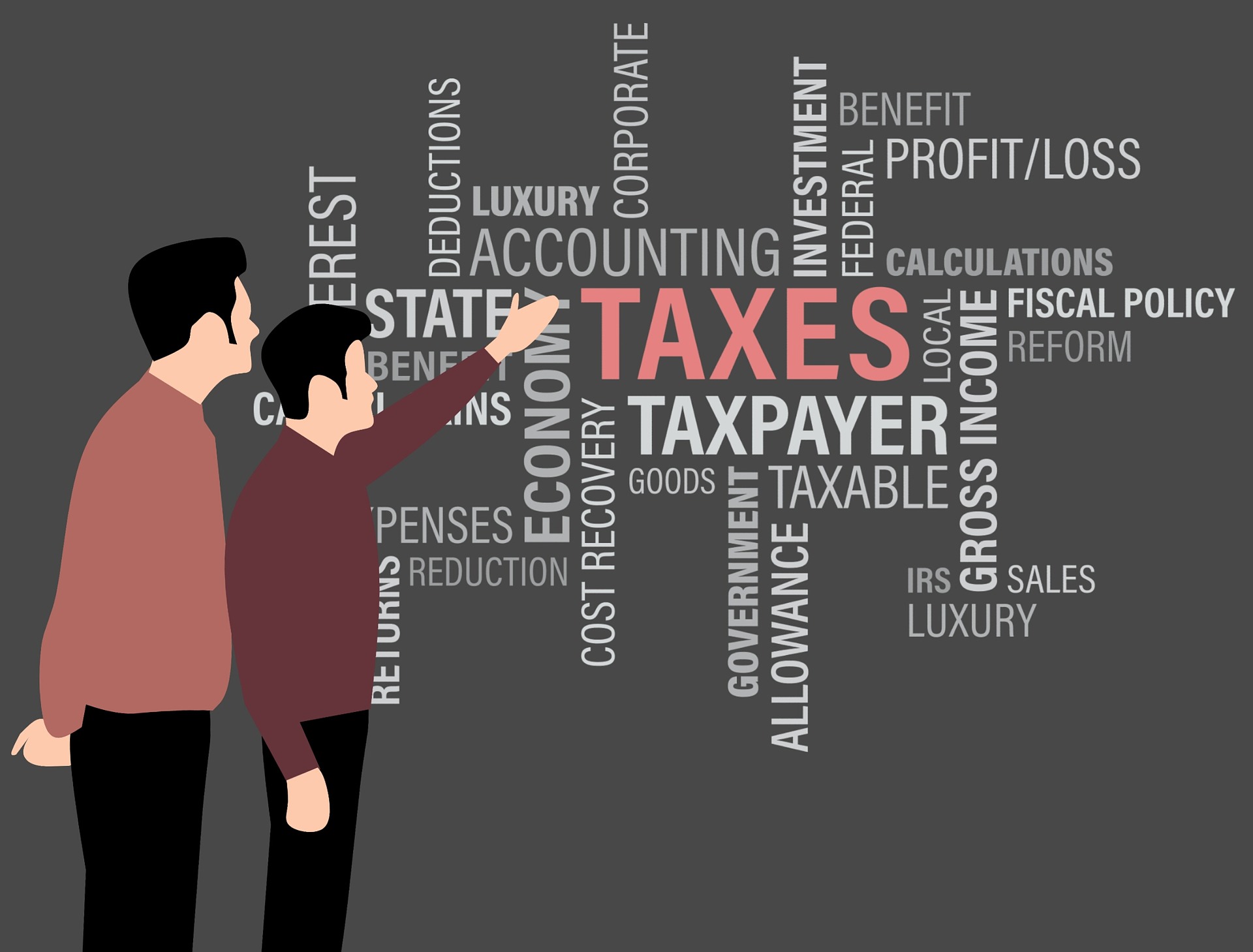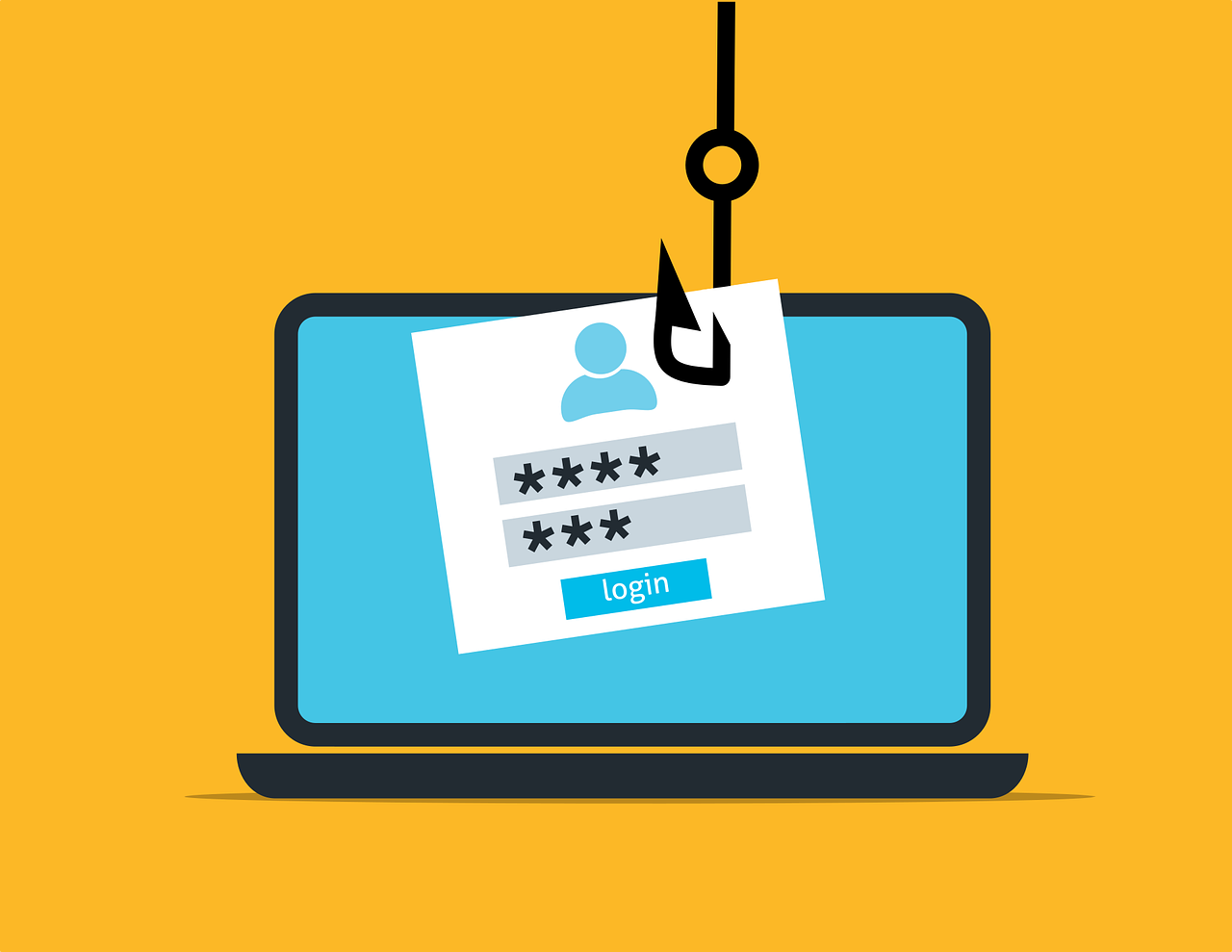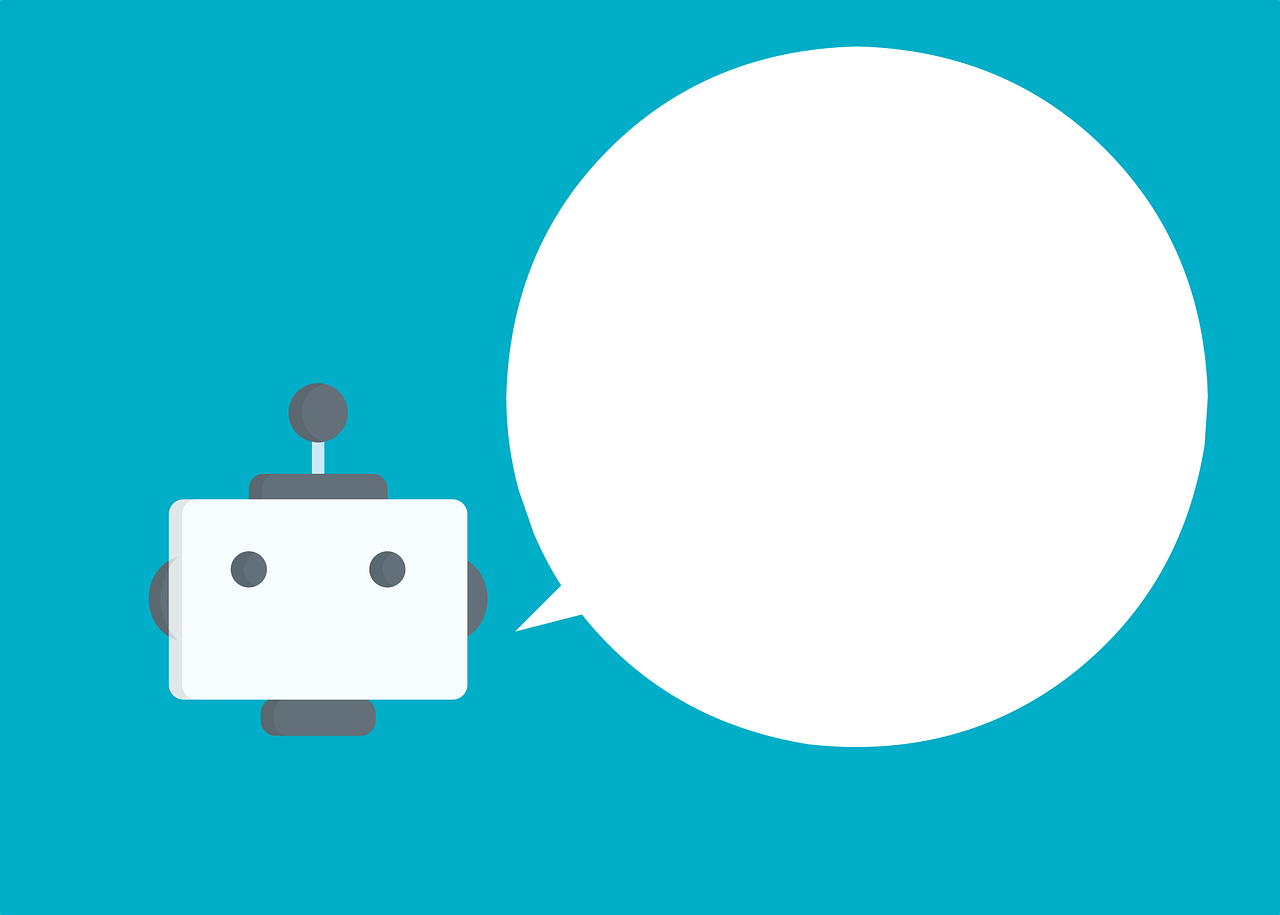Have you ever wondered how business owners get paid? They own the place, so are they writing themselves a cheque every two weeks like they do for all their other employees or are they just taking money whenever they want? Getting a paycheque from your own company is a little more complex, but there are several methods, one of which is dividends.
Paying yourself in dividends
Firstly, not all businesses are the same. It’s important that you look into (or better yet, ask your accountant!) the regulations for your business type. Disclaimers aside, a dividend is a portion of a company’s profits that is paid out to shareholders after corporate tax has been deducted. Generally speaking, you can pay yourself via dividends, with a few considerations in mind.
- Consult any partners, investors, shareholders, or any other concerned party about this avenue of compensation. There should be a consensus on the method and the figure.
- There has to be enough money in the business to begin with. You don’t want to bleed the company dry, or otherwise overcompensate yourself. It should be commensurate based on your company’s profits.
- Determine when you intend to receive payments. Monthly, bi-annually, yearly – whichever you choose is fine, and there are way more options that those mentioned. You can pretty well pay yourself a dividend as frequently, or infrequently depending on your company and other corporate factors.
Where you live matters
Each province has different tax rules and credits, for businesses and individuals. You have to keep this in mind, especially if you set up shop in a province where you have never filed taxes before. The importance of a certified accountant in these situations cannot be stressed enough.
Pros and cons
As a sole-proprietor or a partnership, any income you earn is to be recorded as part of your personal taxes, and is taxed according to personal tax laws. If you incorporate your business, you open up a slew of other options for paying yourself (management fees, dividends, wages etc.)
If your payment is in dividends, strongly consider paying CPP (Canada Pension Plan). If you don’t you will be entitled to a much lesser amount when you retire. Also remember that dividends are not considered salary, so this has a direct effect on certain tax deductions that are available to salaried employees. You may not be eligible for certain deductions.
Receiving dividends can also impact your small business deduction limit. The small business deduction determines your rate of corporate income tax. Salaries can be paid out to ensure the corporation remains within the deduction limits.
So which method is best?
There is no right or wrong answer. The answer to paying yourself with a salary or dividends is dependent on many factors – your personal life situation, the size and profitability of your business, tax laws, etc.
As you can see, this is a complex issue and not one that can be decided lightly. Securing the advice of an accountant a smart move in helping you decide if salary or dividends are best for you.

